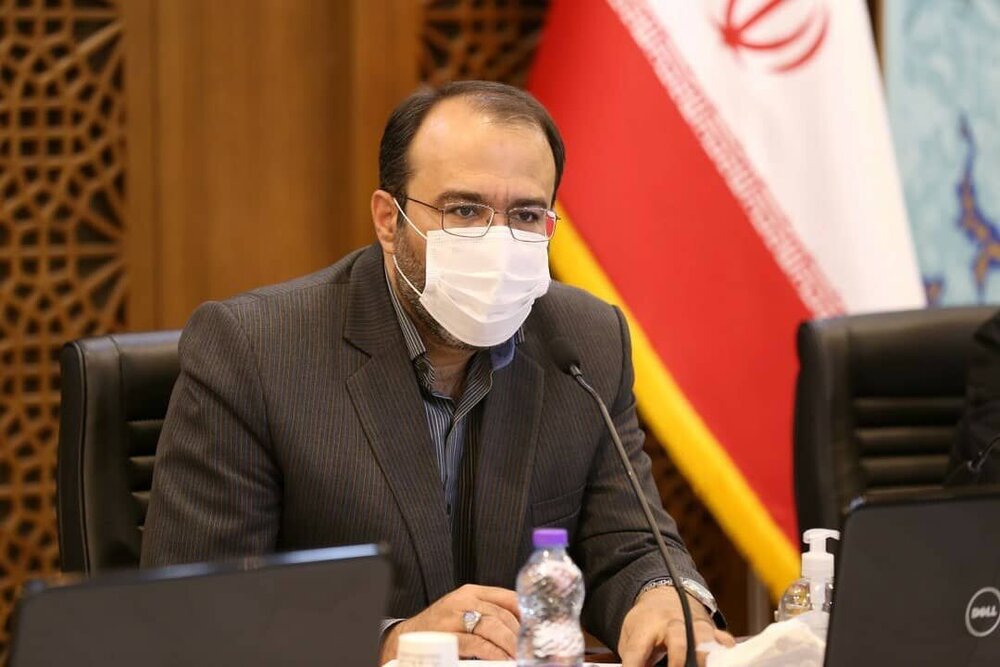Parliament tries to approve CGT plan by late March

TEHRAN – Spokesman of the Iranian Parliament Economic Committee Mehdi Toghyani said on Monday that the parliament will make the necessary effort to approve the capital gains tax (CGT) plan by the end of the current Iranian calendar year (March 20, 2023).
Stating that the CGT plan has been on the parliament's agenda for a long time, Toghyani noted that the busy schedule of the parliament and the occasional emergencies are the reasons for delaying the approval of the mentioned plan, IRNA reported.
He further emphasized the importance of the CGT plan, saying that the parliament will definitely deal with this plan, however, considering the priority of next year's budget bill and the seventh National Development Plan, it is not possible to make a precise comment about the plan’s approval date.
“This plan is one of the important infrastructure plans of the country and because of the transparency it creates, it can improve the country's economic situation,” the official added.
During an open session of the parliament on May 26, the Iranian MPs approved the general outline of the CGT plan.
The parliament’s Economic Committee’s report on the mentioned plan was discussed and approved in the session.
Based on the approved plan, if a person buys gold, foreign currency, a house, or a car and then sells it, he/she must pay the related tax.
As defined by the Investopedia, capital gains tax is a levy assessed on the positive difference between the sale price of the asset and its original purchase price. Long-term capital gains tax is a levy on the profits from the sale of assets held for more than a year. Short-term capital gains tax applies to assets held for a year or less and is taxed as ordinary income.
While CGT prevents the wealth to be owned just by a few people, it leads the liquidity toward production and helps the re-distribution of wealth and income in society.
It was in the middle of the Iranian calendar year 1391 (March 2012-March 2013) that economic officials apparently thought of passing a capital gains tax law.
Finally, this plan was sent to the cabinet by the Ministry of Finance and Economic Affairs in February 2019, after a seven-year delay, and reached the parliament after 10 months.
Capital gains tax is one of the tax bases that, although it can increase public resources, mainly has a regulatory function and can play an effective role in regulating various markets such as housing, cars, gold, and currency by weakening unproductive activities and reducing speculative incentives.
In this regard, the plan on capital gains tax was proposed with the aim of supporting production and investment, reducing fluctuations in asset markets such as car and housing, gold, and foreign currency, as well as preventing a sudden rise in prices in these markets.
EF/MA
